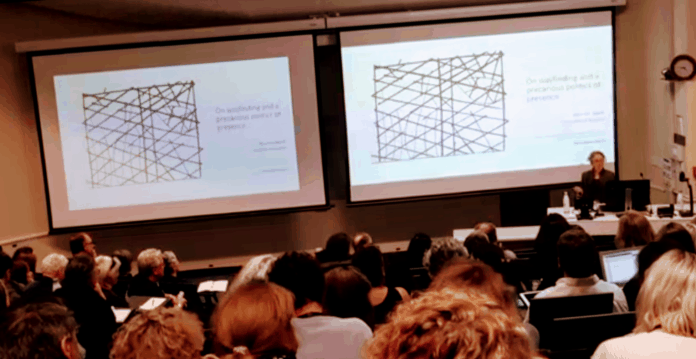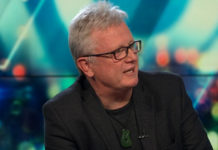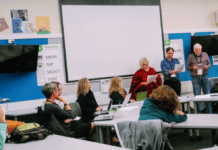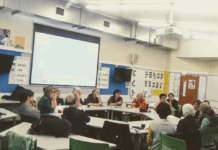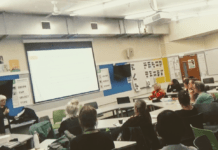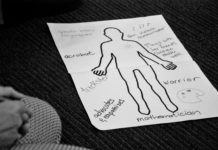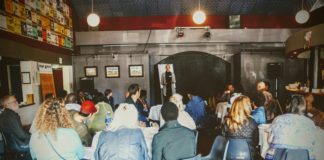Educators, artists, children, star-gazers. We/they/you trade in primacies of encounter and the arts of being present – to oneself, to others, and to belongings of practice, region, interest and culture. They/you/we revel in relationality, curiosity, affect, and ideas. Yes? Many of you/us/them are wayfinders, charting uncertain waters to explore what it is to be human in a more (and less) than human world.
Yet while we, as presence workers, may appear to have tamed some tyrannies of distance, by redefining presence in the digital for instance, tyrannies of nonpresence remain in ongoing impacts of coloniality. Some of these are most chillingly evident in the direct and symbolic violence still at the heart of contemporary schooling and in neo-imperialist politics of peace.
What does it mean, then, to challenge non-presence in applied and school-based performance encounters? Drawing on insights of wayfinders – young and old, global south and north, you/them/me – let’s get curious about what a radical politics of co-presence could mean, and the role that pedagogies of discomfit and practices of undoing could play.
What follows is a selection of Hunter’s inspiring words from the keynote…
“Not, look at me but be with me”
“Many of us are also wayfinders […] charting uncertain waters to explore what it is to be in the more-than-human world. Right here, right now. What it means to cover or uncover distance and to question the tyrannies of coloniality, geography, and hierarchicalised [sic] knowledge systems”
“…[a] sense of presence, not only being there but being aware.”
“…[it’s] not about ‘the present’ but about being present.”
“… to really learn […] to be open to the gift of teaching is not to necessarily minimise distance between the known and the unknown but to honour it. To be curious about the gaps, the not knowing, and the power of agency it enables and unleashes or constricts or brings to critical light.”
“…these were moments that were gifts of teaching to me. Being curious and present to the distance as well as the discomfort.”
Mary Ann Hunter:
 In daily cooperation with caring and cared-for young people, animals, and families of belonging across many bodies of water, Mary Ann researches and teaches in Hobart at the University of Tasmania. She works mainly in the fields of arts education, applied philosophy, and peacebuilding with current interests in the role of curiosity and presence in educational and applied arts encounters. Alongside national and international consultancy work in mentoring, evaluation, arts-based peacebuilding, and curriculum design, Mary Ann is the recipient of numerous teaching and research awards and was start-up coordinator for Curious schools and the Aboriginal community-led arts mentoring program, meenah mienne. Recent publications with a range of interdisciplinary collaborators include Education and the Arts and Education, Arts and Sustainability: Emerging Practice for a Changing World (forthcoming), as well as contributions to anthologies, Playing with Possibility, Philosophy and the Arts in Education, and Acting Together: Performance and the Creative Transformation of Conflict.
In daily cooperation with caring and cared-for young people, animals, and families of belonging across many bodies of water, Mary Ann researches and teaches in Hobart at the University of Tasmania. She works mainly in the fields of arts education, applied philosophy, and peacebuilding with current interests in the role of curiosity and presence in educational and applied arts encounters. Alongside national and international consultancy work in mentoring, evaluation, arts-based peacebuilding, and curriculum design, Mary Ann is the recipient of numerous teaching and research awards and was start-up coordinator for Curious schools and the Aboriginal community-led arts mentoring program, meenah mienne. Recent publications with a range of interdisciplinary collaborators include Education and the Arts and Education, Arts and Sustainability: Emerging Practice for a Changing World (forthcoming), as well as contributions to anthologies, Playing with Possibility, Philosophy and the Arts in Education, and Acting Together: Performance and the Creative Transformation of Conflict.


